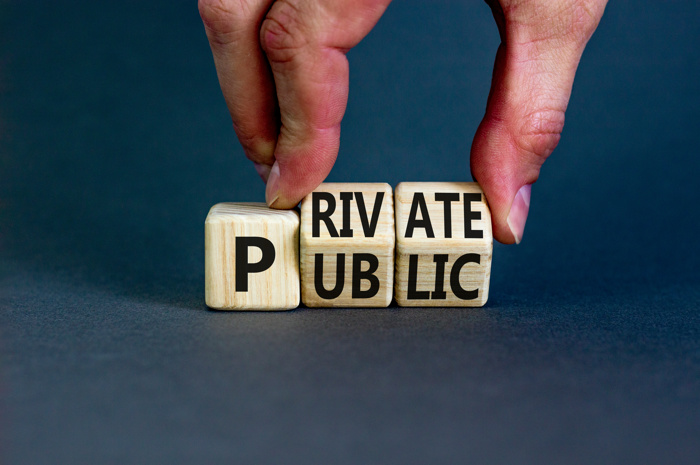A Guide To Incorporating a Company and Running a Small Business Tax
Starting your very own small business is a journey that many aspire to embark on. It carries the promise of independence and financial stability. Although the path of entrepreneurship can be challenging, it's a journey well worth undertaking. In this blog, I will take you through the essential steps to incorporating a company to running a small business and stating compliant.
Generating Ideas and Market Research
Before incorporating a company, first and foremost, the process begins with generating ideas and conducting thorough market research. Every successful business starts with a compelling vision. You need to identify a niche or industry that excites your passion and determine the product or service you'll offer. Conducting in-depth market research to assess whether there's a demand for your idea is vital. Understanding your potential customers and the competitive landscape is essential to shape your business concept.
Crafting a Business Plan
After solidifying your idea, the next step, before incorporating a company, involves crafting a business plan. Your business plan serves as a roadmap to your success in running a small business. It outlines your business objectives, strategies, and financial projections. This document explains how you intend to operate your business and what sets it apart in the market. A well-thought-out business plan guides you and is a valuable tool when seeking financial support from investors or lenders.
Incorporating a Company
Following the crafting of a business plan, you'll need to register your business. You must incorporate a company with the relevant government authorities to operate legally. This process often involves obtaining licenses and permits specific to your industry and location. Compliance with all legal requirements is crucial, as non-compliance can result in fines or even the closure of your business.
Securing Financing
Securing financing is another crucial step in running a small business. Every business requires capital, and obtaining the necessary funds to start and sustain your business is critical. Financing methods include personal savings, loan applications, or utilising crowdfunding platforms. It's essential to carefully evaluate your financial requirements and create a budget to manage your resources effectively.
Branding and Marketing
Effective branding and marketing are most important for establishing your business's reputation and attracting customers. Developing a solid brand identity that reflects your business's values and mission is essential. This includes designing a professional logo and creating an appealing website. Utilise various marketing channels, such as social media, email marketing, and content creation, to connect with your target audience. It is also worth considering the registered address of your company and the business address when incorporating a company.
Selecting the Right Location
If your business has a physical presence, selecting the right location is crucial. The accessibility and visibility of your location can significantly impact your success. Furthermore, ensuring that you have the necessary infrastructure and equipment to operate your business efficiently is imperative.
Hiring the Right Team
If your business requires a team, it's crucial to carefully select and hire employees who align with your company's values and goals in running a small business. Compliance with employment laws and establishing a favourable work environment are essential for attracting and retaining talented individuals.
Financial Management
Effective financial management is indispensable for the sustainability of running a small business. Implementing an efficient accounting system to track income and expenses, manage cash flow, and ensure compliance with tax regulations is critical. Maintaining accurate records is vital, especially in preparing and filing your company tax return to HMRC. Find out more about your filing requirements after incorporating a company.
Launching Your Small Business
Once all the elements are in place, the time has come to launch your small business. Generate excitement around your grand opening to attract your first customers. Whether your company operates online or has a physical location, it's essential to ensure that everything is ready for a seamless start.
Continuous Growth and Adaptation
Your business is a work in progress and there will be many ups and downs in running a small business. To thrive in a competitive market, continuously evaluating your operations, listening to customer feedback, and adapting to shifting market conditions is necessary. To be successful in running a small business, you will need to evolve and expand your business over time, along with your ability to adapt and learn from your experiences.
By following these steps and maintaining a steadfast focus on your goals, you will find running a small business will be challenging and fun in equal measures and will survives and thrives in today's competitive landscape. The path of entrepreneurship may be full of challenges, but with dedication and hard work, you can build a business that fulfils your dreams. Best of luck with your new business adventure!





















